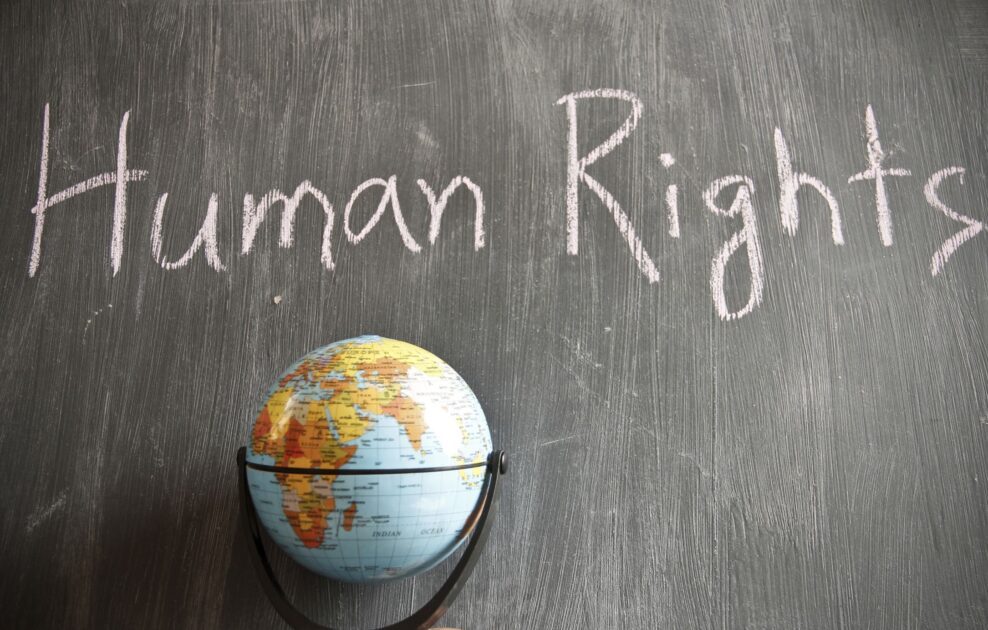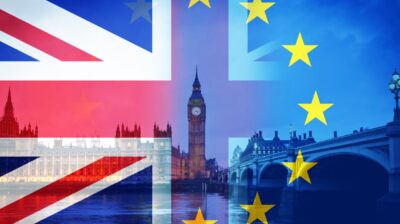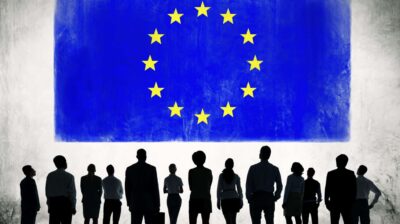Human rights and the European Union
The EU has a big role to play in human rights.

The European Union has a strong commitment to promoting and protecting human rights and democracy worldwide. Promoting human rights can help to prevent and resolve conflicts and, ultimately, to alleviate poverty. All EU institutions including the the Commission, Parliament and Council – have a role to play in protecting human rights.
European countries signed the first regional agreement for the protection of human rights known as the European Convention on Human Rights (ECHR) – in 1950. It was followed by the establishment of a permanent European Court of Human Rights to handle individual cases.
The ECHR is the basis of the European human rights system and is legally binding in Ireland through the European Convention on Human Rights Act 2003.
Some of the rights guaranteed in the ECHR are:
- Right to life
- Prohibition of torture and ill-treatment
- Prohibition of slavery, servitude or forced or compulsory labour
- Right to liberty and security
- Right to a fair trial
- Right to respect for private and family life
- Freedom of thought, conscience and religion
- Freedom of expression
- Right to marry
- Protection of property
- Right to education
- Right to free elections
Under the European Convention on Human Rights Act 2003, Irish Courts must interpret and apply law in Ireland in line with the ECHR insofar as possible. If the Court finds that Irish legislation or practice is not in line with the ECHR, it can either find that the State has breached its statutory duty or it can make a 'Declaration of Incompatibility' which must be considered by the Oireachtas.
Whenever a Declaration of Incompatibility is sought in legal proceedings the Attorney General and the Irish Human Rights Commission are formally notified.
In 2012, the EU appointed its first ever EU Special Representative for Human Rights, Mr Stavros Lambrinidis. His role is to make EU policy on human rights in non-EU countries
The 2012 strategic framework on human rights and democracy is designed to make EU human rights policy more effective and consistent. The Action Plan on Human Rights and Democracy (2015-2020) provides an agreement between both EU countries and the EU institutions.
All agreements on trade or cooperation with non-EU countries (over 120 now) include a human rights clause stipulating that human rights are central to relations with the EU. The EU has imposed sanctions for human rights breaches in a number of cases.
The EU also pursues human rights dialogues with over 40 countries and organisations, including Russia, China and the African Union. The EU Annual Report on Human Rights and Democracy appraises its human rights work worldwide.






